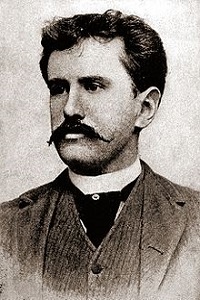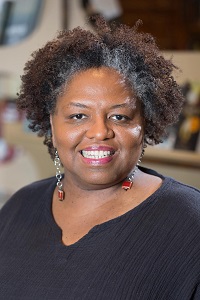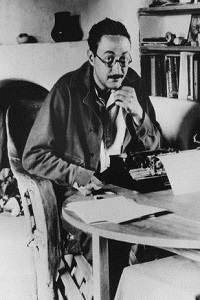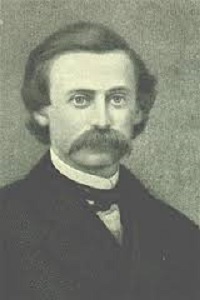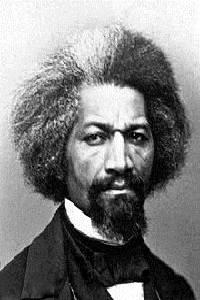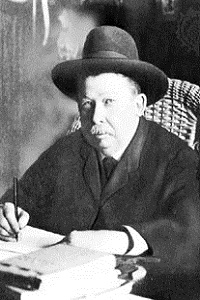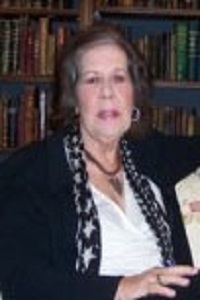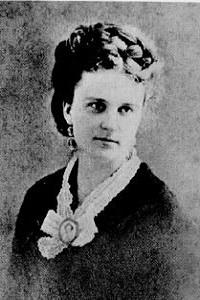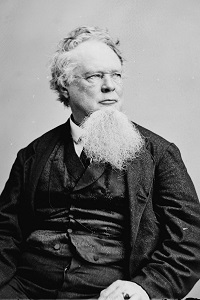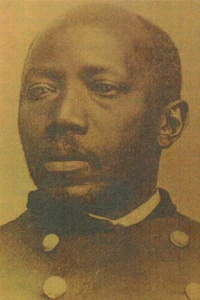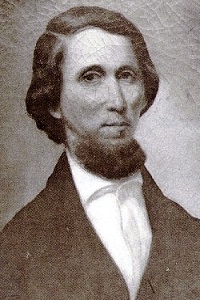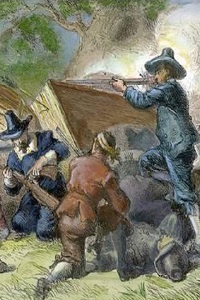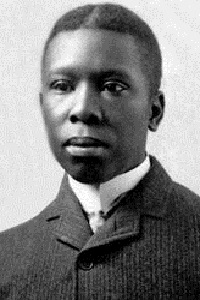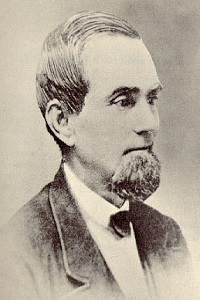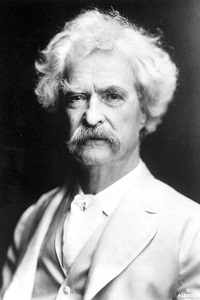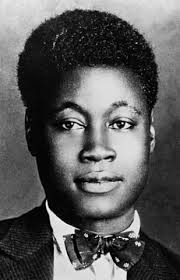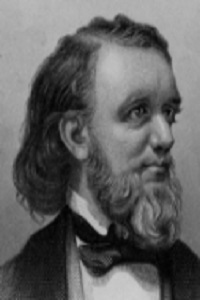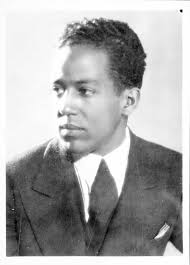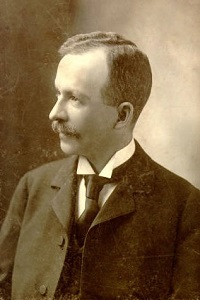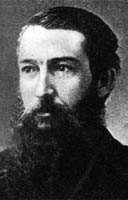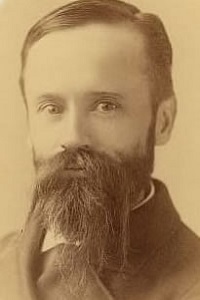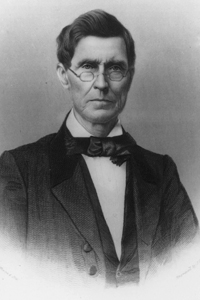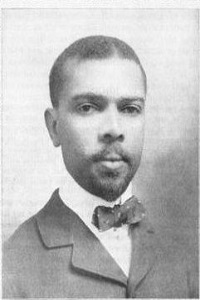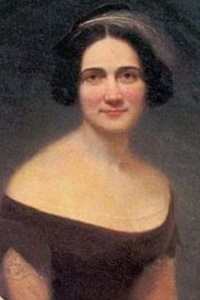The Audio Library of
Classic Southern Literature
1676 to 1923
Made possible by 
Visit our Children's literature site 
| Introduction | Voices | Dialects | Readers |
Voices
Good oral recordings of classic Southern literature require a talented volunteer with a charming natural Southern accent (but these are becoming harder and harder to find); a skilled and sensitive reader (though those with most training and experience have almost all been encouraged to abandon a Southern accent); and for the best readings someone who genuinely loves the material. For the most part we’ve considered ourselves lucky to find people who meet two of the three standards. We’ve written to universities, theatre companies, newspapers, and libraries seeking more potential readers. If you know of talented people who meet all three criteria and would be willing to volunteer, please ask them to contact us.
Most of the voices on the website have Southern accents, though not always as closely tied as we’d like to an author’s or to the material’s characters or settings. Of course, no one really knows precisely what any pre-20th century Southerners sounded like. They tended to move around a lot, often living in two or three or more states, and many—including authors such as T. B. Thorpe, George Washington Harris, William Tappan Thompson—were born in the north. Southerners realize there is no such thing as a single generic Southern accent, or even a Virginia or Louisiana or South Carolina accent. Augusta, Georgia is likely rather typical in that, as late as the end of the 20th century, after hearing local old timers utter only a few sentences, other Augusta old timers could tell where the speaker grew up, in which of a dozen or more neighborhoods in town, or which of another dozen or so smaller towns or hamlets outside of town. And old timers knew that, in language patterns, class often trumped race, voices of the upper crust often sounding more like those of the lower crust than like voices of most folks in the layers between. Today younger people in Augusta tend to sound pretty much like younger people anywhere.
We wish the voices we recorded had more pronounced and more appropriately localized accents, and wish we had access to a broader range of accents. Perhaps at some point funding will allow us to locate and record excellent readers representing a more varied sample of fine Southern voices. We hope so. For now we’re doing our best. For “voice biographies” providing a little background on some of our readers, visit the end of this document.
